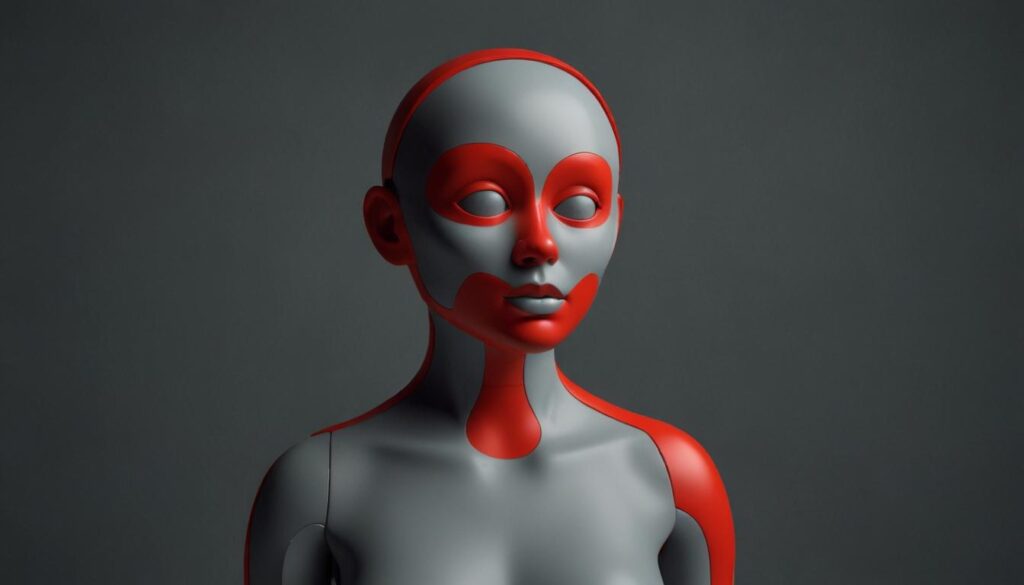Meta’s AI chatbot faced scrutiny after providing a nuanced definition of a woman, contrasting it with a more straightforward definition of a man. The incident has reignited discussions on gender identity and societal perceptions.
Meta’s AI chatbot has come under scrutiny after it delivered a complex and varied definition of what constitutes a woman, sparking significant public discussion. Rachael Wong, a lecturer at the University of Notre Dame Australia and founder of a women’s issues think tank, engaged with the AI and shared the interaction online.
Wong posed the question, “What is a woman?” to the chatbot, which responded that a woman is someone who identifies as a woman, regardless of biological or physical characteristics. However, when asked to define a man, the AI’s response was that being a man is based on biological sex, describing it as a scientific fact.
The AI chatbot emphasized that gender identity, expression, and personal experiences play roles in defining a woman, suggesting that gender cannot be reduced to a single element like chromosomes. This response was in stark contrast to the more straightforward definition provided for a man.
Following this, Wong criticized the AI for what she perceived as inconsistent definitions. Meta AI later revised its stance, agreeing with Wong that a woman is “an adult human female” and committed to improving its language to avoid confusion and controversy.
This incident has added to ongoing debates about the definitions and perceptions of gender identity, reflecting broader societal questions about how gender should be defined and discussed in various contexts.










